
Researchers unveil innovative information-sharing tool to protect vulnerable youth
Pionnering tool that could help transform how public services and communities protect young people from exploitation.
16 October 2025
Pionnering tool that could help transform how public services and communities protect young people from exploitation.
16 October 2025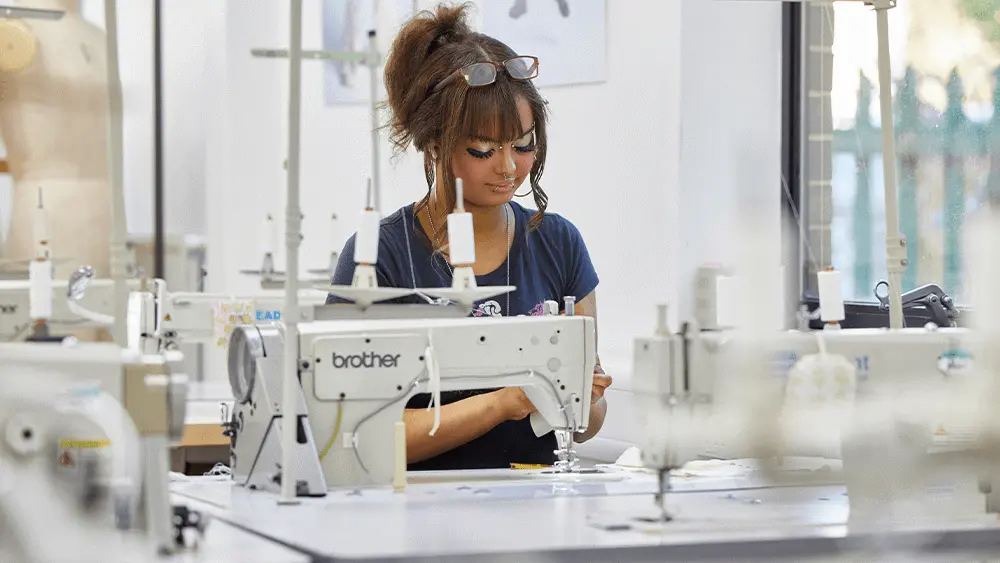
In this blog, Lecturer in Contextual Studies for Fashion, Dr Marianne Damoiseau explores recent policy changes in the textile industry.
14 October 2025
Southampton Solent University has collaborated with Solent Mind on their 2025 World Mental Health Day campaign.
13 October 2025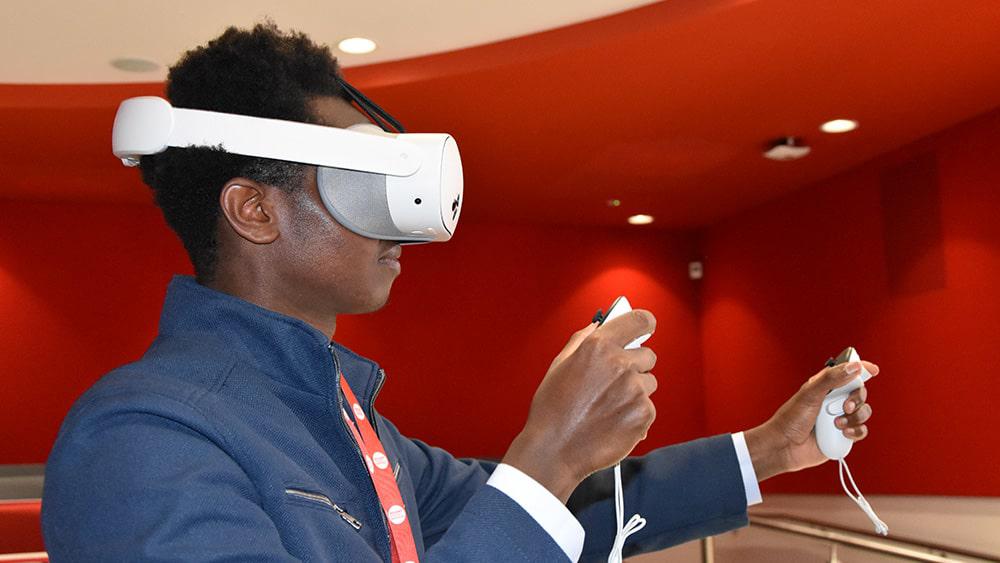
Industry-focussed conference marks successful conclusion of ‘VR Emergency @ Sea’ project
9 October 2025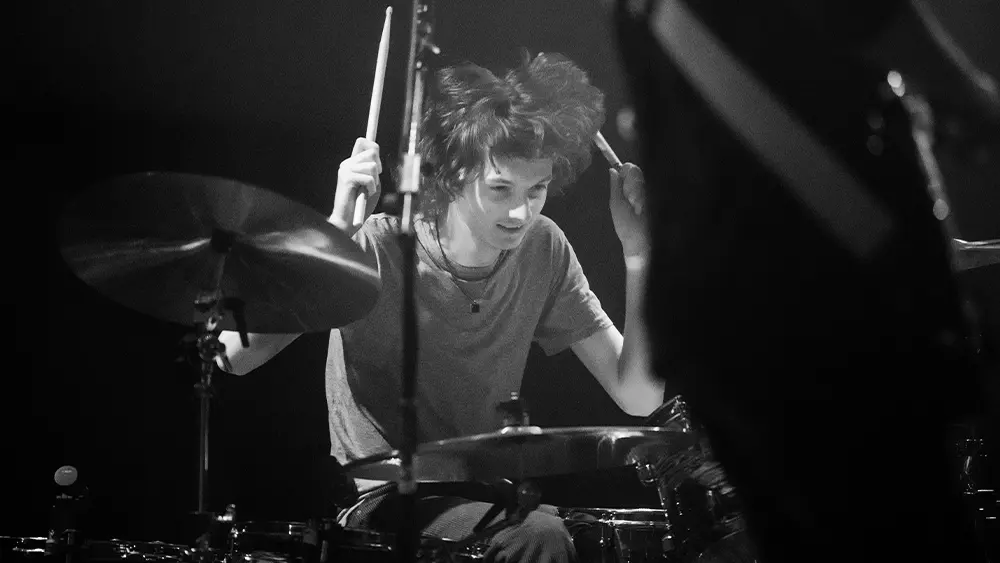
James Moodie, a Southampton Solent University graduate, is thriving in the music industry.
9 October 2025
School of Creative Industries celebrates standout performances in the Guardian University Guide 2026.
8 October 2025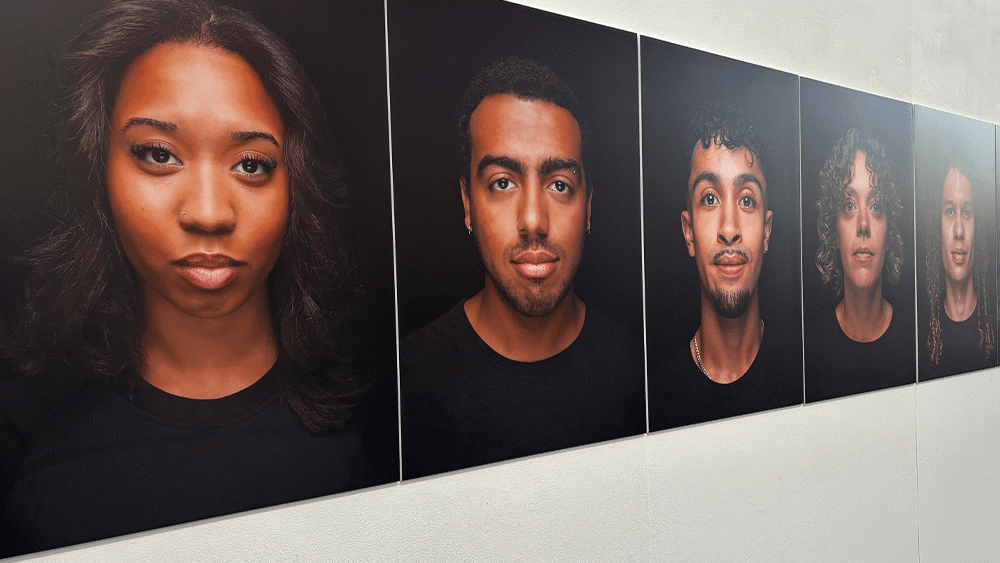
Southampton Solent University is one of nine venues to host Black History Month South's 2025 Colourism exhibition.
8 October 2025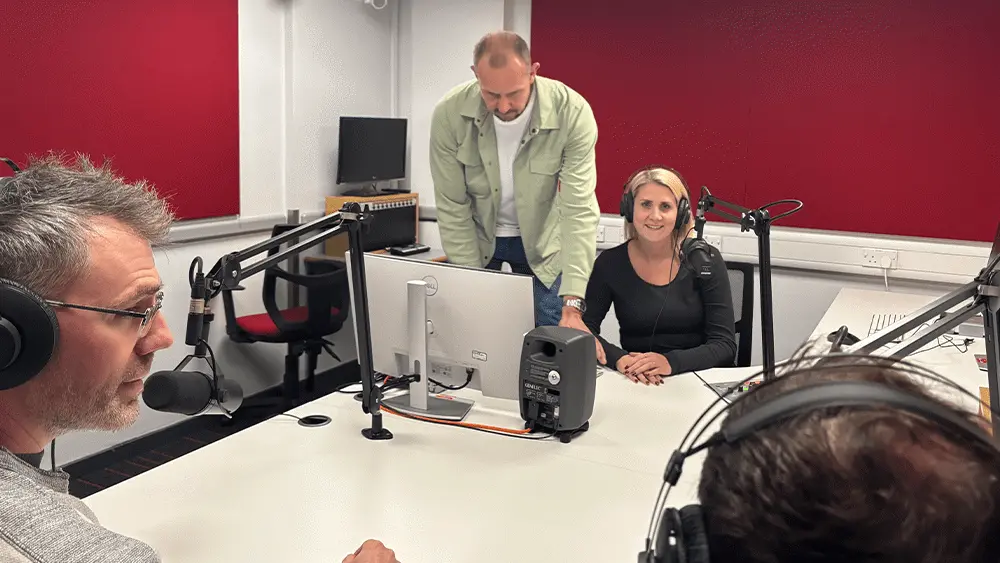
Southampton Solent University has invested in the latest technology with a cutting-edge podcast studio.
6 October 2025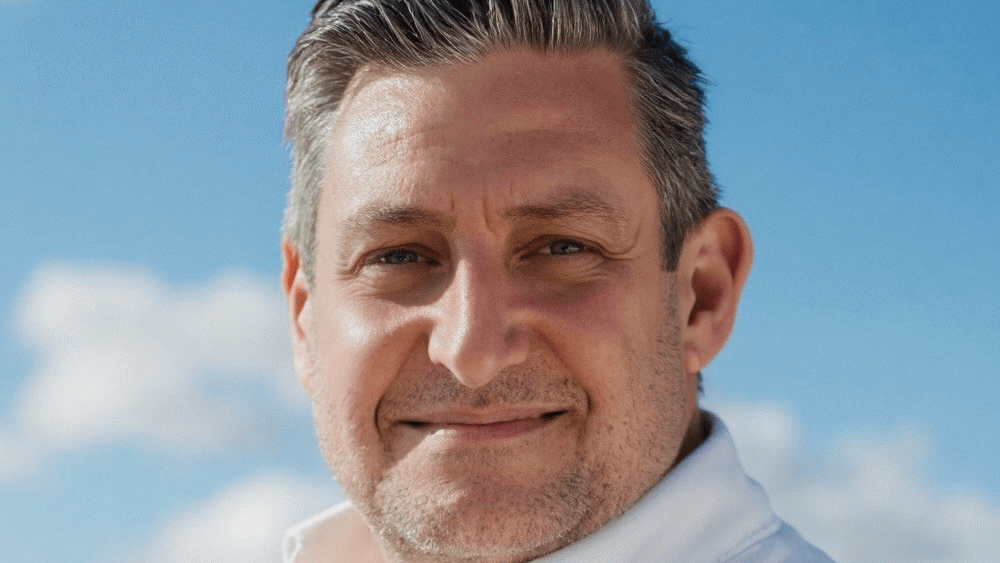
Southampton Solent University's Business, Law and Society Impact Board has appointed Ty Francis MBE as Chair.
3 October 2025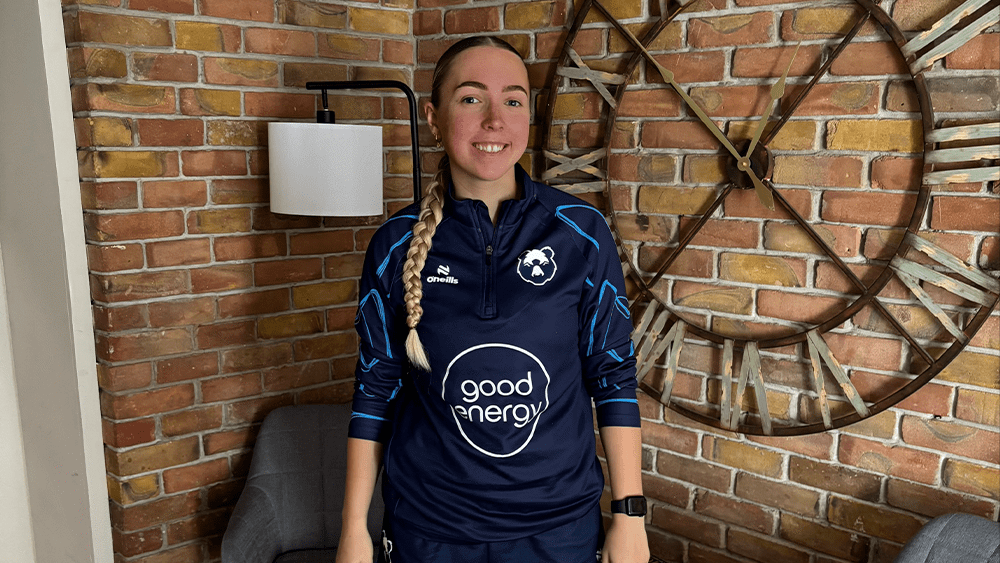
A BSc (Hons) Sport and Exercise Therapy student had the opportunity to support rugby players at this year's world cup.
1 October 2025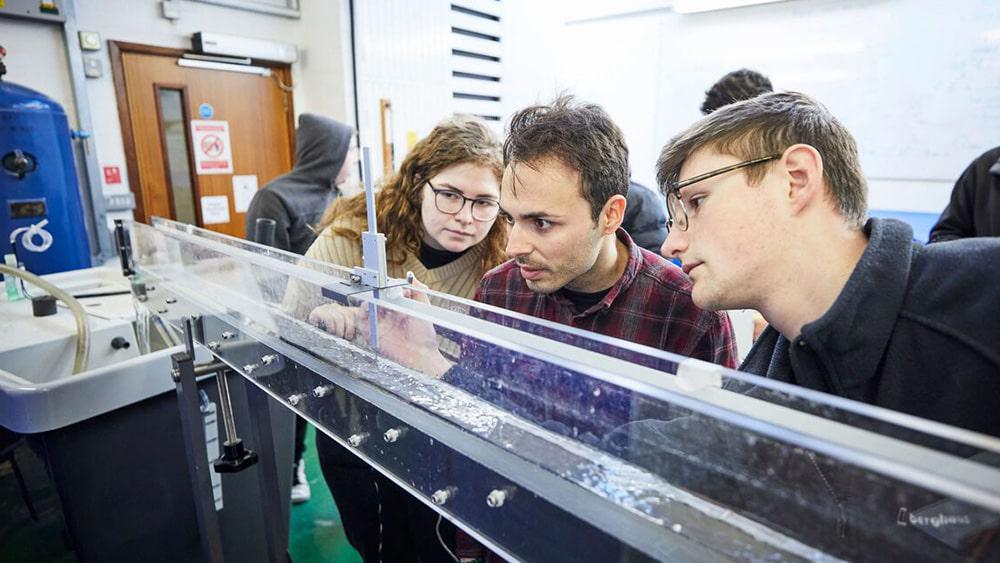
Mechanical Engineering ranks high for teaching satisfaction
30 September 2025
Experience life as a student at Solent at one of our on-campus or virtual undergraduate, postgraduate or maritime open days.
Find out more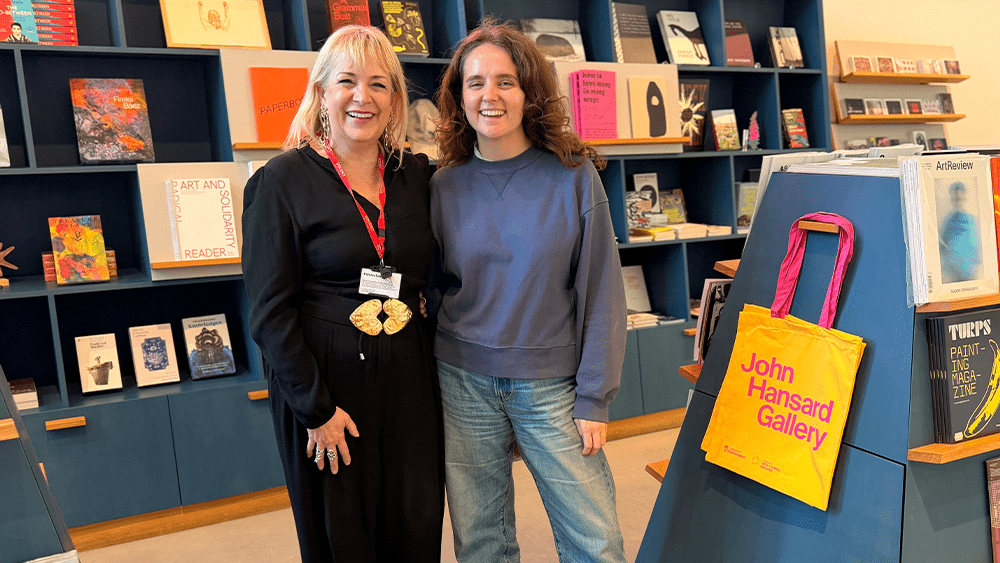
The John Hansard Gallery is the latest venue to stock Re:So products.
30 September 2025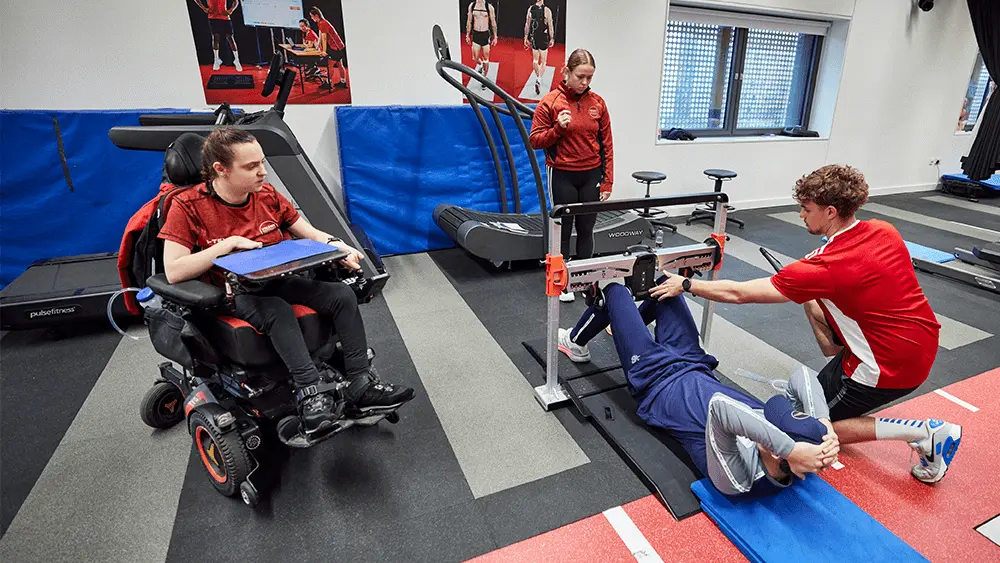
Southampton Solent University's latest Guardian University Guide results showcase great results for the School of Health and Sport.
29 September 2025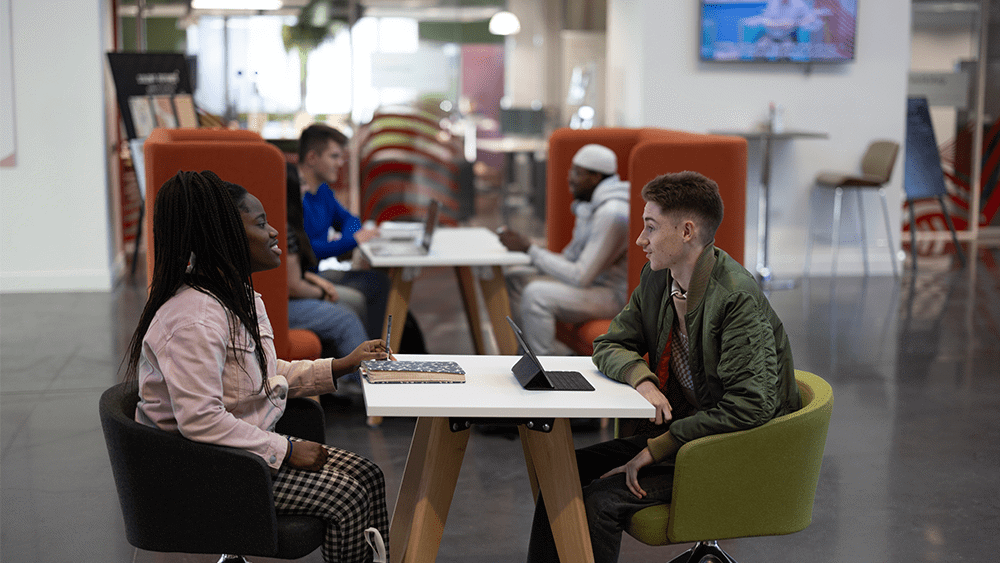
The latest Knowledge Exchange Framework publication highlights how Southampton Solent University is making a difference regionally.
26 September 2025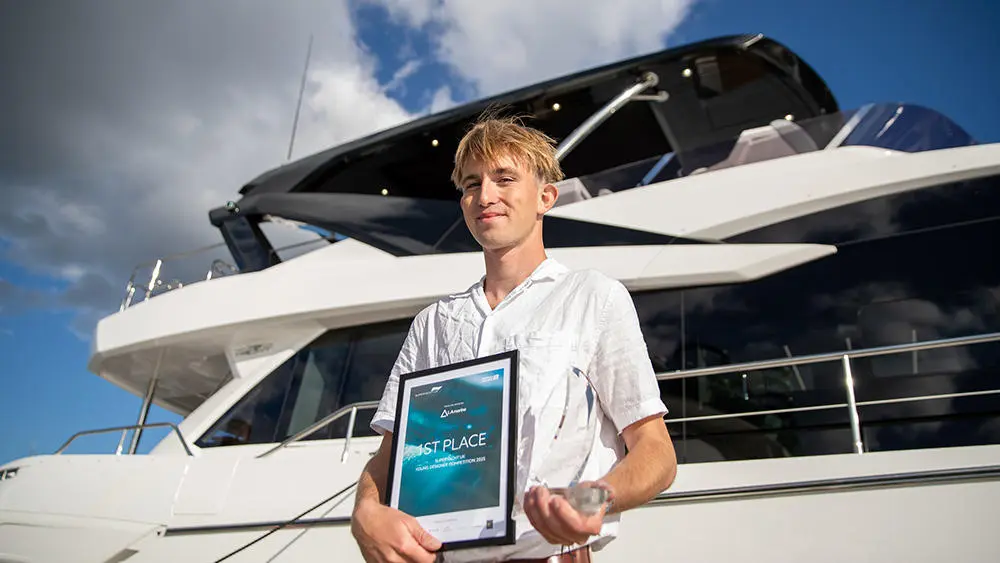
Yacht Design and Production student, Jack Francis, wins 2025 Superyacht UK (SYUK) Young Designer Competition.
26 September 2025